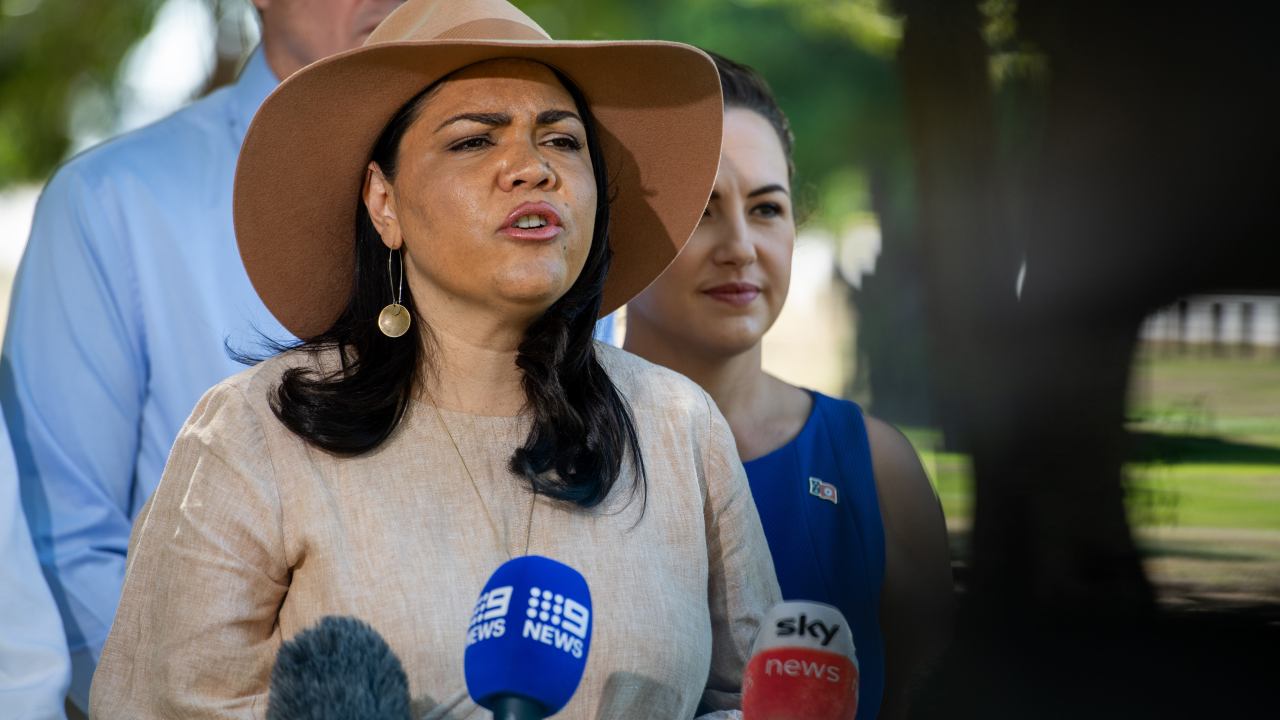Shadow Indigenous affairs minister Jacinta Nampijinpa Price has welcomed a review into native title legislation, arguing reform was needed to help “land rich, dirt poor” communities become self-sufficient.
Attorney-General Mark Dreyfus on Tuesday announced an inquiry into the Native Title Act, with the Australian Law Reform Commission tasked with identifying any “inequality, unfairness or weaknesses” in the legislation.
The government will commit $550,000 to the review, which comes after reports emerged many Indigenous communities had missed out on the economic benefits derived from land ownership.
Speaking to Sky News Australia on Tuesday, Senator Price explained the narrow scope of existing legislation had severely limited the benefits for Australia’s “most marginalised communities.”
“In terms of native title, while it was well intended, and it’s all very nice to be able to have, you know, access to your land as a traditional owner to fish and hunt. It was very narrow in terms of what else Indigenous Australians could do,” she said.
“Ideas such as economic development, economic independence, the opportunity to generate wealth from one’s own land. It was a very limited scope to be able to do that to begin with.
“I think it’s why we have some of, you know, our most marginalised Indigenous Australians exist in, you know, remote places like the Northern Territory.”
Under the current laws, Indigenous Australians can camp, fish and carry out cultural business on their lands, but are unable to grant leases or use the land for business developments.
Some traditional owners have been able to generate income through Indigenous Land Use Agreements, primarily tied to mining, but Indigenous groups do not generally hold the rights to resources on their land, limiting their ability to fully capitalise on commercialisation.
For this reason, Senator Price argued both the Native Title Act and the 1976 Land Rights (Northern Territory) Act needed urgent reforms to grant Indigenous communities the ability to move away from reliance on government assistance and become self-sufficient.
“I’ve made it very known publicly that these are issues, of course, that I think require reform,” she said.
“I’ve always said, that traditional owners, you know, they’re land rich, dirt poor, and need to be able to be job creators in their own right, on country, instead of continually being dependent on welfare and on government.
“We’re effectively landlocked in how we can and cannot use our land.”
More than 45 per cent of Australia is currently covered by native title, while there are agreements in progress that could raise that percentage to 60 within the next 15 years.
However, less than nine per cent of Indigenous Australians are members of a native title corporation, while only half of the 268 registered native title corporations reported any income in 2022.
The Attorney-General acknowledged this in his announcement on Tuesday, writing “the fair and efficient operation of the regime is essential,” to the future prosperity of Indigenous communities.
Senator Price echoed those sentiments, adding she would “happily” work with the government to determine how native title “is or isn’t working” and create new solutions.

